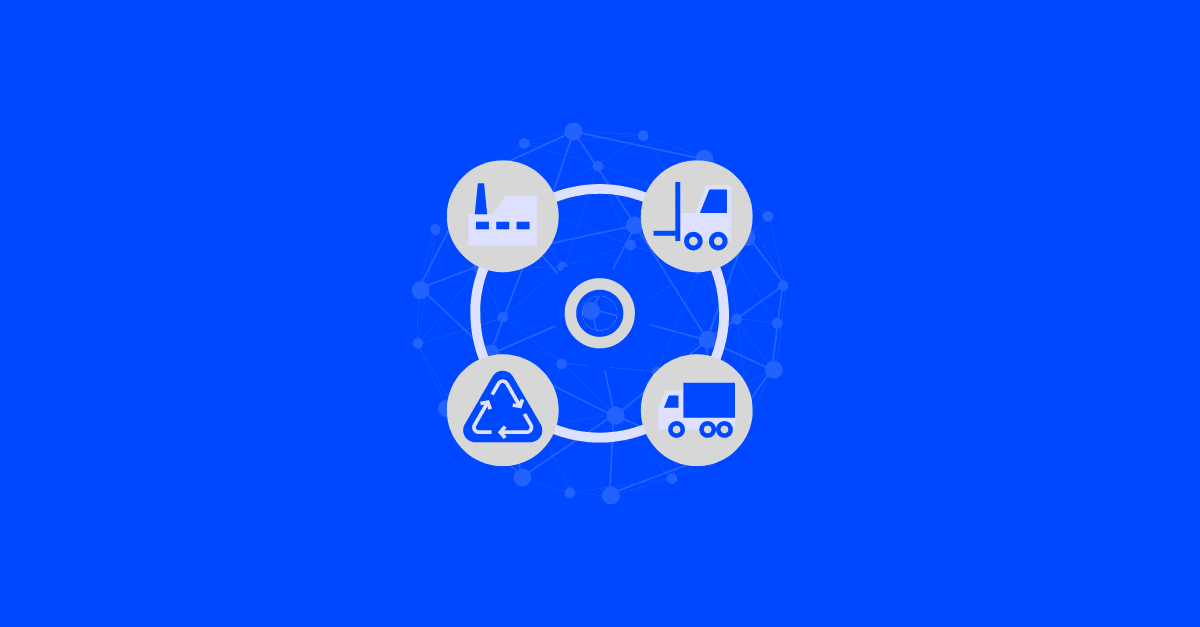By Michael Rivera, PhD
Logistics is a critical part of many companies worldwide. But many challenges prevent the smooth storage and transportation of goods, affecting the efficiency and profitability of logistics businesses.
However, these problems can be easily addressed by enabling IoT solutions. This article will explore how the Internet of Things (IoT) can solve common logistics challenges and transform the industry.
1. Enhanced Business Processes
The logistics industry is highly competitive. So, businesses must continually improve their operations to stay ahead.
Through real-time monitoring and data analysis, IoT platforms can provide actionable insights into operational performance, highlighting areas of improvement. This can help businesses make more data-driven decisions that improve their processes.
2. Fuel-Efficient Transportation
The increasing fuel price is no news – and it’s negatively affecting the revenue of logistics companies in more ways than one.
IoT systems have advanced algorithms that can find fuel-efficient routes, especially during last-mile delivery when drivers must navigate congested urban areas. This can improve vehicle efficiency, reduce fuel consumption, and help manage customer expectations.
3. Improved Supply Chain Visibility
It’s important for logistics companies to have comprehensive oversight of their supply chain processes. IoT systems can monitor and track the live location of goods and assets through geofencing and location tracking.
This can make businesses proactive to avoid potential supply chain disruptions.
4. Compliance with Government Regulations
Failure to comply with regulatory requirements can result in huge fines and financial damages. With IoT platforms, logistics companies can extract valuable insights on fuel consumption, emissions, route adherence, audit trails, and safety compliance.
5. Transparent Customer Support
Customers have become more invested in the entire delivery process from the minute they order till their shipment arrives. They demand transparency and real-time updates on their goods.
Logistics companies can use IoT-enabled tracking systems to provide customers with live delivery information and ETAs. This can improve customer satisfaction, foster loyalty, and reduce support tickets.
6. Improved Warehouse Inventory Management
Logistics companies can leverage IoT-enabled devices in warehouse inventory management to achieve greater accuracy, efficiency, and visibility in managing and tracking inventory.
This results in optimized stock levels, lower carrying costs, better order fulfillment, and higher customer satisfaction.
7. Environmental Sustainability
Logistics companies increasingly need to reduce their carbon footprint and adopt sustainable practices. By adopting IoT systems, businesses can easily monitor engine performance, optimize routes, and improve overall fleet efficiency.
IoT-enabled sensors can also enhance warehouse smart energy management by monitoring energy usage and HVAC systems. IoT sensors can also be used to optimize packaging and reduce waste.
Conclusion
The Internet of Things (IoT) solves many logistics challenges and can help increase profitability and operational efficiency. Are you in logistics and supply chain management? Then it’s time to revolutionize the industry. Take advantage of Thinaer’s out-of-the-box IIoT platform to improve your operations and cut costs. Or you can also speak to us today for a customized IoT solution that solves your specific needs.

